Jonathan Gross Prize recognizes top CS graduates
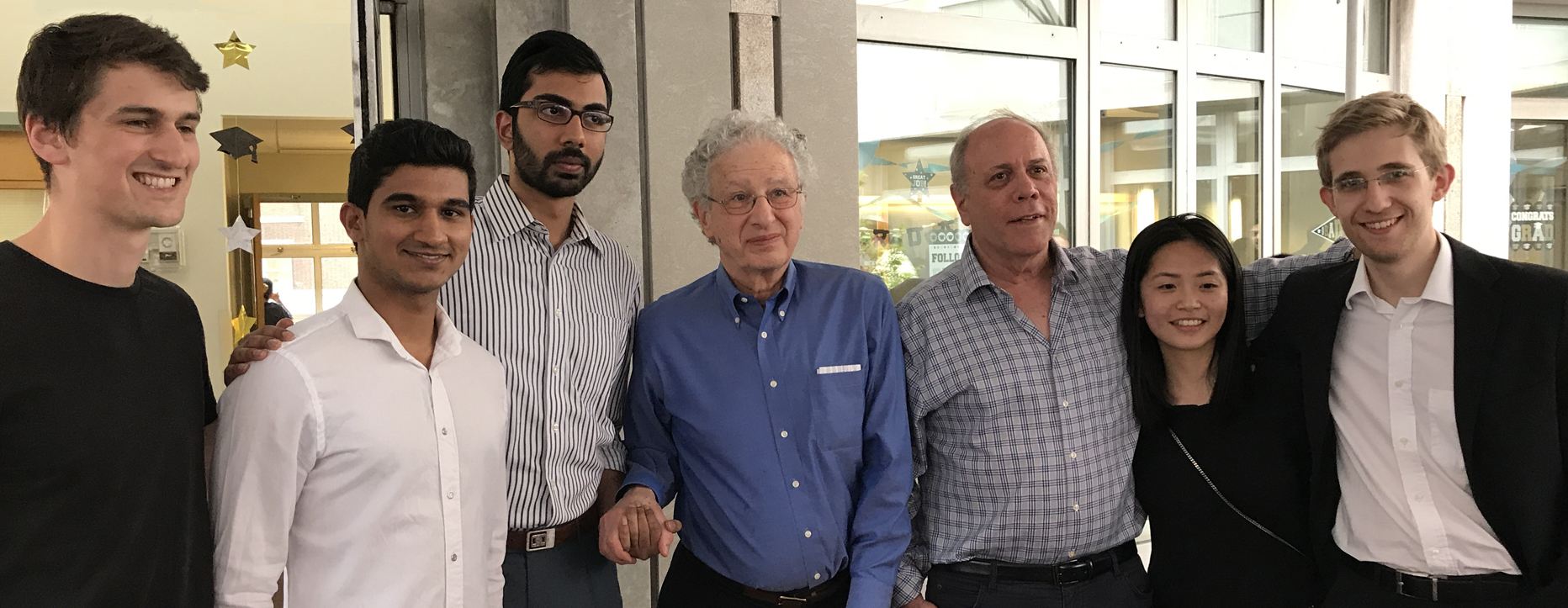
![]()
The Jonathan Gross Prize is being awarded this year for the first time to honor students who graduate at the top of their class with a track record of promising innovative contributions to computer science. Five graduating computer science students—one senior from each of the four undergraduate schools and one student from the master’s program—were selected to receive the prize, which is named for Jonathan L. Gross, the popular professor emeritus who taught for 47 years at Columbia and cofounded the Computer Science Department. The prize is made possible by an endowment established by Yechiam (Y.Y.) Yemini, who for 31 years until his retirement in 2011, was a professor of computer science at Columbia.
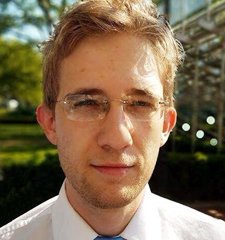
Filipe de Avila Belbute Peres, Columbia College
“We are fortunate to live in a time when machines are powerful enough to let us study intelligence by trying to reproduce it.”
Fascinated by computers and computer science from a young age, Filipe de Avila Belbute Peres started building his own PCs and swapping out parts while still a kid; he was programming by his teens. Yet when it came time for college, he applied, and was accepted, to medical school in his native Brazil. The choice reflected his developing interest in studying the biological aspects of intelligence. Upon realizing that he could tackle the problems of neuroscience through a computational/algorithmic approach rather than a biological one, he applied to study computer science in the US. “I found a way to join my different interests, and study the relationships between machine intelligence and human intelligence. That’s where my interest in artificial intelligence comes from.”
This summer he will work at Facebook AI Research, applying neural networks to natural language problems. In the fall, he begins his PhD program in Computer Science at Carnegie Mellon, where he will continue studying artificial intelligence and machine learning with an emphasis in neural nets and deep learning.
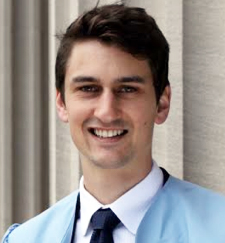
Mitchell Gouzenko, School of Engineering and Applied Science
“My first criteria when picking a major was to choose something that I could do for hours on end without getting tired of it.”
Majoring in computer science wasn’t Mitchell Gouzenko’s first choice, or even second. He came to Columbia fully intending to pursue Financial Engineering before becoming convinced that he wanted to study physics; he declared, however, for Applied Math. “I was all over the place,” he says now. In his sophomore year, his computer science classes started growing on him. “While taking Operating Systems with professor Jae Woo Lee, I finally realized how much I enjoy programming and knew it would be a huge mistake not to major in computer science.” Because programming was fun—employability concerns were secondary—he changed his major to computer science. He hasn’t looked back. His main interests are in operating systems and more generally, software architecture. “I love reasoning about large codebases and analyzing how the various components interface with each other, with attention to security, performance, and clarity of design.”
This September he starts work at Google where he easily sees himself working for the next five years. A PhD may someday also be in store, but it will first require narrowing his interests.
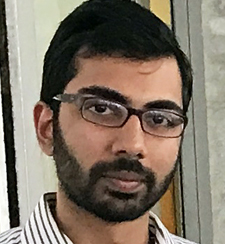
Rudra Gopinath, General Studies
“The advantage of a computer science education is in seeing patterns the human eye can’t see because there is too much data.”
For Rudra Gopinath, that data will be financial in nature as he prepares to take a position at Citigroup in New York City. By his own admission, it is an interesting choice for someone most excited by theoretical computer science. Taking classes with professors Mihalis Yannakakis and Xi Chen, he was “that student always asking questions in class and always showing up for office hours.” He gravitated particularly to computational complexity—and not because it offered answers. “We don’t know anything about anything in this field. We don’t even know what we know, as opposed to knowing what we don’t know. If I eventually come back to school, this is the field I still study.” But for now there is a major diversion as he moves to apply the hard skill of computer science to business and the financial markets, two fields that have also long interested him. “All the banks I interviewed said the same thing: we can teach you the finance part. What we need from you is what Columbia teaches—the algorithms, the tools to work with data.” Getting to Columbia was not a straight path. He did his freshman and sophomore years in Hong Kong before enrolling in a dual-degree program that allowed him to transfer to Columbia. “Columbia is one of the few Ivy Leagues where you can come in with that sort of flexibility and plug in seamlessly. The professors, the administration, individual people, were highly supportive. I came in and started taking computer science. It was almost as if I had been here all along.”
Lanting He, Barnard College
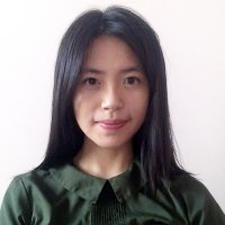
“A wisely designed algorithm can be succinct but unbelievably powerful and quick.”
Lanting He arrived on campus expecting to major in business or economics. Shut out of an economics class in the second semester of her first year, she opted instead for Intro to Computer Science. Never having previously done any coding, she was amazed she could quickly write a simple program to do something practical in real life. It was after taking Data Structures, where she learned to love the logic behind the design of data structures, that she decided to major in computer science. “I find algorithms and data structures to be the most fascinating things to learn, and brainstorming algorithms is the thing I enjoy most.”
This summer, she will do an internship as a strategist analyst at Goldman Sachs. In the fall, she returns to Columbia to pursue a master’s degree at Columbia in Operations Research, exploring in depth how computer science connects with other interdisciplinary studies.
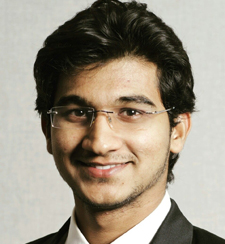
Gaurav Gite, Master’s student, School of Engineering and Applied Science
“I wish to develop computer systems to process, analyze and generate natural languages.”
Gaurav Gite’s interests lie in areas of natural language processing. After graduating from the Indian Institute of Technology (IIT), his desire to conduct research in the domain of artificial intelligence led him to pursue his master’s at Columbia University. He previously interned at Google, working with a research team to optimize the performance of neural networks. This helped in predicting the next words on keyboard inputs for Android devices. For his thesis, he worked with Kathleen McKeown in the Natural Language Processing (NLP) lab on the summarization of news articles, proposing new techniques based on the clustering of topics presented in the news article and salience of sentences. He also performed research at Columbia’s Center for Computational Learning System (CCLS) where he worked on automated methods to assess the content of written text and to grade student writing. Wise Crowd Content Assessment and Educational Rubrics, a research paper he coauthored while at the CCLS was published in the International Journal of Artificial Intelligence in Education in 2016.
After graduation, Gite will start working at Google, where he will continue working in the field of natural language processing.

